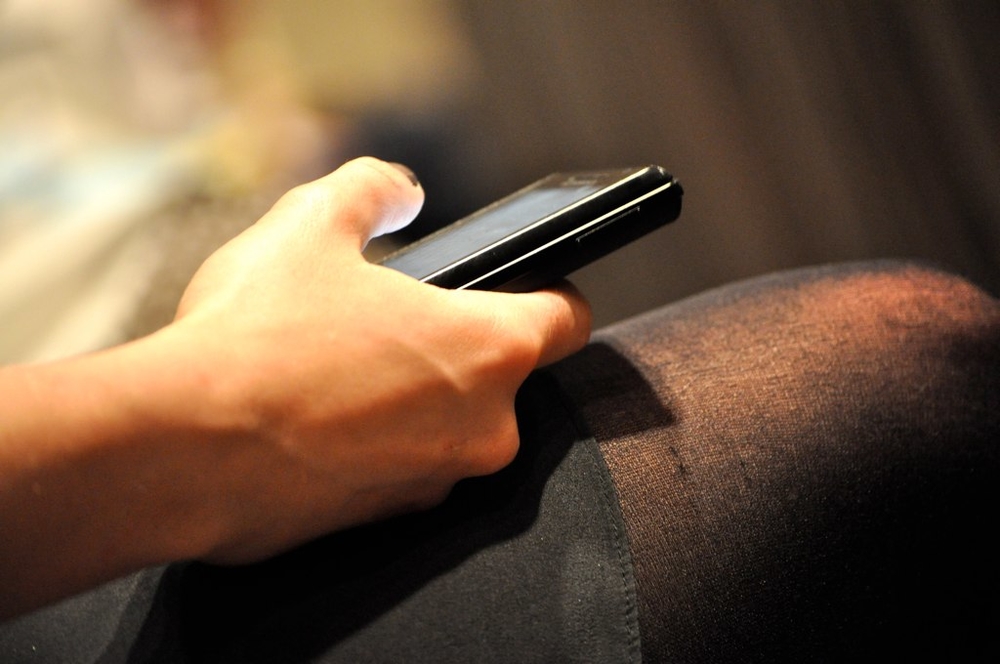The Productivity Paradox: Setting Smartphone Boundaries
-
-
Slice of MIT
Filed Under
Over the last 15 years, the smartphone has taken workers from near inaccessibility outside the office to almost-complete accessibility, says Melissa Mazmanian PhD ’09, an associate professor in informatics and organization and management at the University of California, Irvine. In the process, it has ushered in a new reality: “We’re carrying around this kind of communication prosthetic, emotional prosthetic, and information prosthetic, and it changes our experience of everyday life as well as what we can expect of each other,” she says.
It changes our experience of everyday life as well as what we can expect of each other.
In a recent Faculty Forum Online, Mazmanian shared her research on the evolving role of digital devices. Through her ethnographic studies of workers juggling the demands of work and family life, she’s uncovered a common paradox that many white collar workers face with the now-ubiquitous smartphone. “It allows us to feel able to do and be more,” she says, and at the same time, “it is taking away from and undermining our ability to be the people we want to be.”

She shares the story of a lawyer who can now attend his son’s baseball games in the middle of the workday. But often he spends his time on the sidelines answering emails and doing other work on his phone. “He felt trapped,” she explains. “He could physically be there, but not mentally. He felt like he was simultaneously not being a good dad and not being a good lawyer.”
Oftentimes accessibility becomes proxy for dedication and competency.
For Mazmanian, this blurring of work/life boundaries highlights a question that many workplaces have not yet answered: What does it mean to be a good employee? “Oftentimes accessibility becomes proxy for dedication and competency,” she says.
So how can employees take control of their time outside of work? Mazmanian argues that they can’t do it alone. But by talking with peers, they can help to establish norms that work for all.
We work together less effectively when we are at each other’s beck and call.
“We work together less effectively when we are at each other’s beck and call,” she says. It can help to discuss expectations for when work will be completed and when predictable time off the clock takes place. Similarly, at home, being clear and open with one’s family about how and when accessibility to work is necessary can decrease that trapped feeling and model healthier relationships to technology.
At the end of the day, the smartphone is just a tool. “I actually do see a lot of productive and positive parts of use—as long as you personally, and with a group of people around you, can manage those rising expectations,” Mazmanian says.
Watch the full recording of the webinar. Check out a playlist of past Faculty Forum Online Alumni Editions and register for upcoming events. Mazmanian is working on a book on her research, which will be published next year.
Image: Joe Shoe







